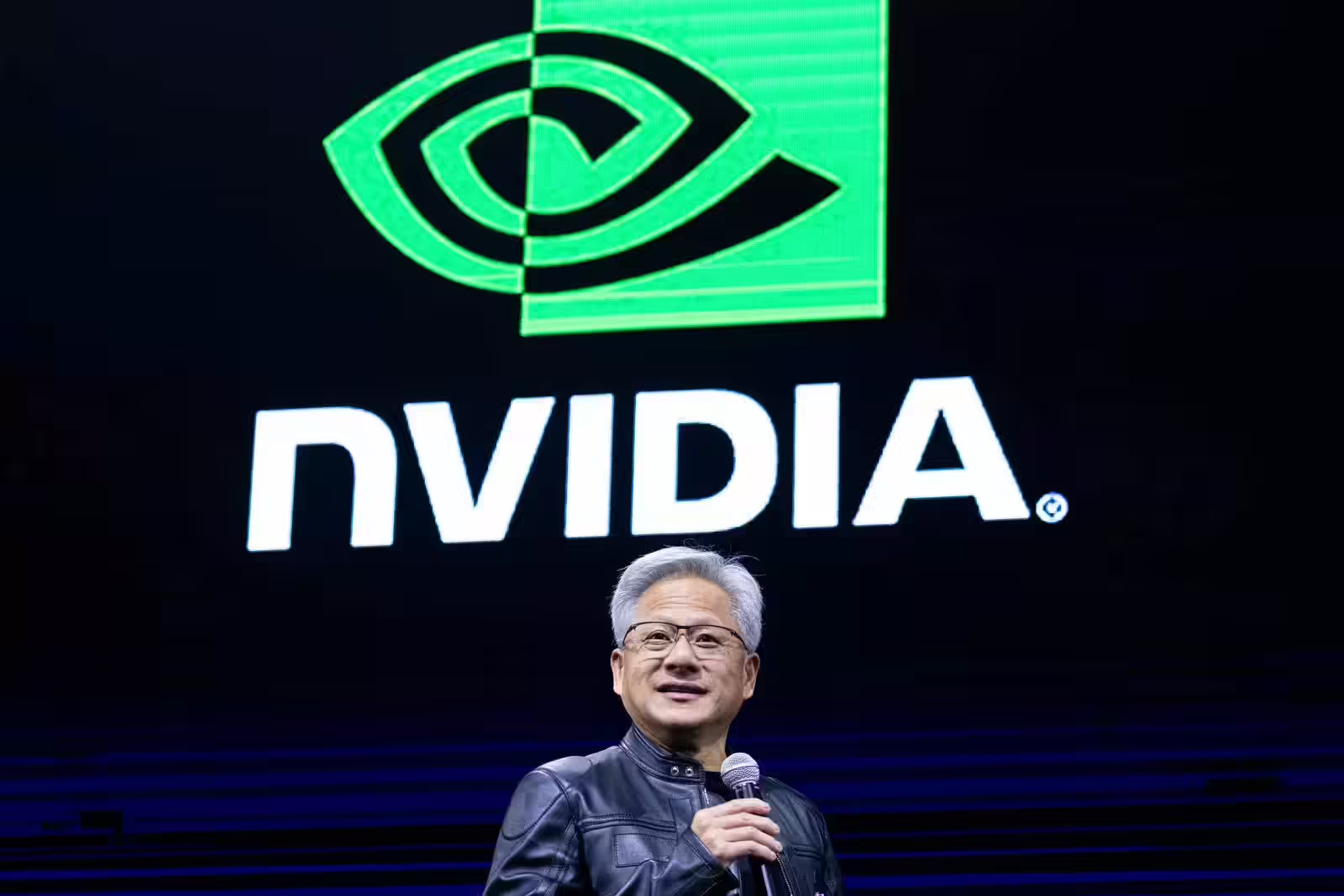
The global technology landscape is increasingly intertwined with national security and geopolitical interests. As one of the world’s leading semiconductor and GPU manufacturers, Nvidia has become a vital player in both commercial and military applications. However, recent developments suggest that the US government, particularly its legislative branch, is scrutinizing Nvidia’s export policies to safeguard national security interests. This has culminated in several US senators sending a formal warning letter to Nvidia’s CEO, JenSen Huang, highlighting concerns over potential export risks and the broader implications for technology transfer and security.
The Context Behind the Warning
Strategic Competition with China and Other Nations
The United States and China’s ongoing technological race has brought semiconductor and AI capabilities to the forefront of national security concerns. Nvidia’s cutting-edge GPUs are crucial for artificial intelligence, defense simulations, and advanced computing tasks. The senators’ warning reflects fears that improper licensing or lax export controls could enable China or other adversarial countries to gain access to critical technologies, potentially threatening US economic and military advantages.
Sources such as The Times of India highlight that lawmakers are taking proactive steps to regulate exports amid rising competition and security fears.
The Content of the Warning Letter
Key Concerns Expressed by US Senators
The warning letter, reportedly authored by a bipartisan group of senators, outlines several critical concerns:
- Risk of Technology Transfer: Senators worry that Nvidia’s current export controls may not be sufficiently rigorous, potentially allowing sensitive technology to reach unauthorized entities.
- Strategic Security Threats: The letter emphasizes that the proliferation of advanced GPUs could enhance the military and technological capabilities of adversarial nations, challenging US supremacy.
- Need for Stronger Export Controls: Lawmakers urge Nvidia to implement stricter licensing procedures and compliance measures to prevent unintended exports.
- Impact on National Security: The letter underscores the importance of safeguarding critical technology segments from misuse or escalation risks.
Implications for Nvidia and the Tech Industry
Potential Regulatory Changes and Company Responses
This warning signifies a possible shift toward tighter export controls on high-end semiconductor technologies. Nvidia, being at the forefront of GPU innovation, faces the challenge of balancing commercial growth with security commitments. The company might be compelled to:
- Enhance Compliance Measures: Implement more robust export screening and licensing protocols.
- Limit Certain Exports: Restrict or delay exporting some of its most advanced GPUs to certain regions or customers.
- Increase Transparency: Work closely with US authorities to ensure adherence to all regulations.
From a broader industry perspective, these developments could influence international trade policies and collaboration frameworks. Companies worldwide may need to re-evaluate their export strategies, especially when dealing with sensitive, dual-use technologies.
Broader International and Economic Effects
The Rise of Tech Nationalism and Economic Decoupling
These concerns echo the increasing trend of tech nationalism, where nations prioritize national security over open trade. The US’s stance on controlling semiconductor exports is part of a larger effort to decouple certain technological segments from countries like China. This situation raises the possibility of:
- Emergence of Local Supply Chains: An increased push for domestic chip manufacturing to reduce reliance on foreign suppliers.
- Global Tech Realignment: Countries may seek to develop their own advanced chip capabilities, which could lead to fragmentation in the global tech ecosystem.
- Trade Tensions and Diplomatic Strains: Export restrictions may fuel diplomatic conflicts, impacting international collaborations and markets.
Future Outlook: Navigating the Complex Balance
The warning delivered by US senators underscores the delicate balance Nvidia and similar corporations must maintain. On one hand, the company aims to innovate and expand its market share; on the other hand, it must comply with evolving national security policies. Going forward, several scenarios are possible:
- Increased Regulatory Oversight: Expect more stringent export laws and enforcement actions to prevent unauthorized technology transfer.
- Enhanced Industry Collaboration: Governments and tech firms may develop joint frameworks for secure and compliant technology sharing.
- Technological Innovation within Regulations: Nvidia and others could innovate ways to develop politically and diplomatically safe products that meet security standards without stifling growth.
While these measures aim to protect national interests, they also introduce complexities that could slow down the pace of technological innovation and international cooperation. Both companies and policymakers must navigate this challenging terrain carefully.
Conclusion
The recent warning from US senators to Nvidia’s CEO highlights the increasing importance of security in the high-stakes world of semiconductor technology. As geopolitical tensions rise, the industry is likely to see tighter controls, increased scrutiny, and a recalibration of global supply chains. Nvidia’s response to these warnings could set a precedent for how large tech firms operate within the changing landscape of international security and trade.
Ultimately, safeguarding national security while fostering technological advancement will require collaborative efforts among governments, industry leaders, and regulatory agencies. Nvidia’s case exemplifies the broader challenge faced by the global tech industry in balancing innovation with responsibility.
For more updated news please keep visiting Prime News World.








